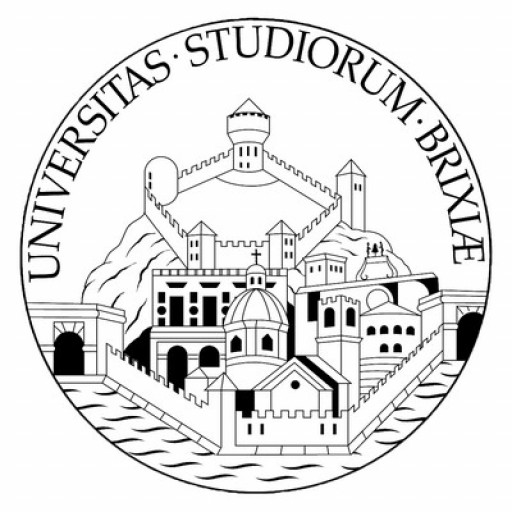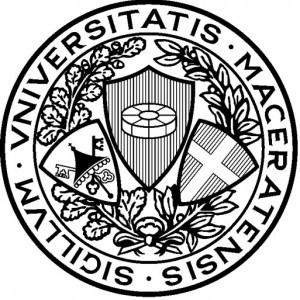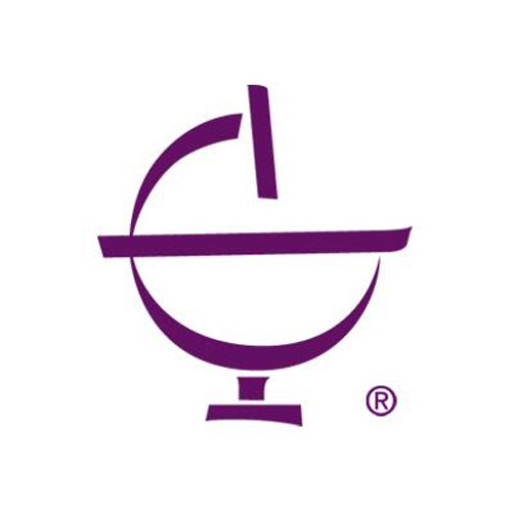Photos of university / #ubridgeport
The Counseling - College Student Personnel program at the University of Bridgeport is a comprehensive graduate program designed to prepare students for professional careers in college counseling and student affairs. This program offers a blend of theoretical knowledge, practical experience, and professional development opportunities to equip graduates with the skills necessary to support diverse student populations in higher education settings. Through a curriculum that emphasizes counseling techniques, student development theories, leadership skills, and ethical considerations, students gain a deep understanding of the challenges faced by college students today and learn effective strategies to promote their academic success, personal growth, and well-being.
The program typically includes coursework in areas such as individual and group counseling, crisis intervention, career development, diversity and multicultural competence, and program assessment. Additionally, students acquire hands-on experience through internships and practicums aligned with their career interests, enabling them to apply classroom knowledge in real-world settings under supervision. The faculty comprises experienced professionals who are committed to mentoring students and fostering a collaborative learning environment focused on ethical practice and lifelong learning.
Graduates of the Counseling - College Student Personnel program are well-prepared for roles such as academic advisors, student affairs officers, residence life coordinators, multicultural program coordinators, and entries into mental health counseling with an emphasis on student populations. They may find employment opportunities across a variety of higher education institutions, including public and private colleges and universities, community colleges, and vocational schools. The program also emphasizes the importance of cultural competence, inclusivity, and leadership skills, ensuring that graduates can effectively advocate for and serve the needs of an increasingly diverse student body.
Designed to meet the requirements for certification and licensure in higher education counseling and student affairs, the program often includes components related to ethical practice, legal issues, and institutional policies. Students benefit from a supportive academic environment that encourages professional networking, research opportunities, and participation in student affairs organizations. Whether pursuing a career in student services, counseling, or academic support, graduates of this program will be equipped with the knowledge, skills, and ethical foundation necessary to thrive in complex educational environments and to make meaningful contributions to student development and success.
The Counseling - College Student Personnel program at the University of Bridgeport is designed to equip students with the skills and knowledge necessary to effectively support and guide college students in their academic, personal, and professional development. This comprehensive program combines theoretical foundations with practical applications, preparing graduates for leadership roles within higher education settings. The curriculum covers a wide range of topics including student development theories, counseling techniques, career planning, diversity and multicultural competencies, and ethics in counseling practice. Students engage in supervised practicum experiences and internships that provide real-world exposure to student affairs work, facilitating the application of their learning in a campus environment. The program emphasizes a student-centered approach, fostering skills in individual counseling, group facilitation, program development, and assessment. Graduates will be prepared to work in various roles such as academic advisors, student affairs officers, diversity coordinators, or mental health counselors within colleges and universities. The faculty is comprised of experienced professionals committed to mentoring students and promoting professional growth through seminars, workshops, and collaborative projects. The program additionally encourages research and scholarly activities that contribute to the field of college student personnel work. With a strong focus on ethical practice, inclusivity, and leadership development, students will be well-positioned to make meaningful contributions to the college community and enhance student success. Overall, the Counseling - College Student Personnel program at the University of Bridgeport offers a rich, dynamic learning environment that prepares graduates to foster positive change and support the holistic development of students in higher education.
Admission to the Counseling-College Student Personnel program at the University of Bridgeport requires applicants to hold a bachelor's degree from an accredited institution. Prospective students must submit official undergraduate transcripts demonstrating a strong academic record, typically with a minimum GPA of 3.0 on a 4.0 scale, although specific requirements may vary depending on the applicant's background. Application materials include a completed application form, a personal statement outlining career goals and motivation for pursuing graduate study in counseling and student personnel services, and three letters of recommendation from academic or professional references who can attest to the applicant's suitability for the program. Additionally, applicants are expected to provide a resume or curriculum vitae detailing relevant work experience, internships, or volunteer activities related to counseling, education, or student affairs.
International applicants must submit TOEFL or IELTS scores to demonstrate English language proficiency unless they have completed undergraduate degrees in English-speaking countries. The program emphasizes diverse, qualified candidates who demonstrate a commitment to working with college students from various backgrounds. The admissions committee reviews all materials comprehensively and may conduct interviews with select candidates to assess their readiness and motivation for the program.
Once admitted, students are required to complete coursework that covers foundational topics in counseling theory, ethics, and multicultural competence; advanced counseling techniques; career development; student affairs administration; and research methods. The curriculum also includes practicum experiences that provide supervised clinical practice in campus settings to develop practical skills. Students are expected to accumulate a specified number of practicum hours, typically around 600 hours, to ensure hands-on experience in real-world environments.
Graduates of the program typically pursue careers as academic advisors, student affairs professionals, counseling staff, or graduate school in related fields. They are prepared to work within college and university environments, supporting student success, development, and well-being. Completion of the program requires the successful passing of comprehensive exams and a capstone project or thesis demonstrating mastery of key concepts and practical application. The program aims to foster professional growth, ethical practice, and cultural sensitivity among upcoming counseling and student personnel professionals.
tuition_fees: The Counseling-College Student Personnel program at the University of Bridgeport typically requires students to pay tuition fees that align with the university's graduate program rates. As of the latest available data, the estimated tuition is approximately $1,200 per credit hour. The program generally comprises around 60 to 66 credit hours, resulting in total tuition costs roughly between $72,000 and $79,200. Additional fees such as registration, technology, student activity, and health services may apply, adding to the overall cost.
Funding options for students include federal financial aid, including Direct PLUS Loans and Stafford Loans, which are available to eligible students pursuing graduate studies. Applicants are encouraged to complete the Free Application for Federal Student Aid (FAFSA) to determine their eligibility for need-based aid. The university also offers institutional scholarships and assistantship opportunities, which can help reduce financial burdens.
Students pursuing this program are advised to explore external funding sources such as private scholarships, employer tuition reimbursement programs, and professional organization grants related to counseling and student affairs. The financial aid office at the University of Bridgeport provides comprehensive guidance on available options, application procedures, and deadlines.
Graduate students often also consider payment plans offered by the university, which allow for manageable installment payments over the semester or academic year. It is important for prospective students to contact the university's admissions or financial aid office for personalized financial planning.
In summary, the financing of the Counseling-College Student Personnel program involves a combination of tuition and fees, federal and state aid opportunities, scholarships, and payment plans, making higher education financially accessible to qualified applicants.
The Counseling-College Student Personnel program at the University of Bridgeport is designed to prepare students for professional roles in counseling and student affairs within higher education settings. This program emphasizes the development of comprehensive skills necessary to support college students academically, emotionally, and socially. Students engage in a curriculum that combines theoretical foundations with practical applications, including counseling techniques, student development theory, advocacy, multicultural competence, and ethical practice. The program typically includes coursework in individual and group counseling, career development, assessment, and program planning. Students may also have opportunities for supervised internships or practicum experiences on campus or in related agencies, which are essential for gaining real-world skills. The faculty comprises experienced practitioners and researchers dedicated to fostering a supportive learning environment that encourages professional growth. Graduates of the program often pursue careers as college counselors, academic advisors, student affairs specialists, diversity coordinators, or in related roles that promote student success and wellbeing. The program aligns with current trends in higher education by integrating diversity, inclusion, and mental health considerations into its curriculum. Admission requirements usually include a completed application, relevant academic transcripts, recommendation letters, and a personal statement outlining career goals. The University of Bridgeport aims to produce competent, ethical professionals ready to enhance the quality of student life and academic achievement through innovative counseling practices. The program's reputation is built on its comprehensive approach, experienced faculty, and commitment to fostering inclusive educational environments.









